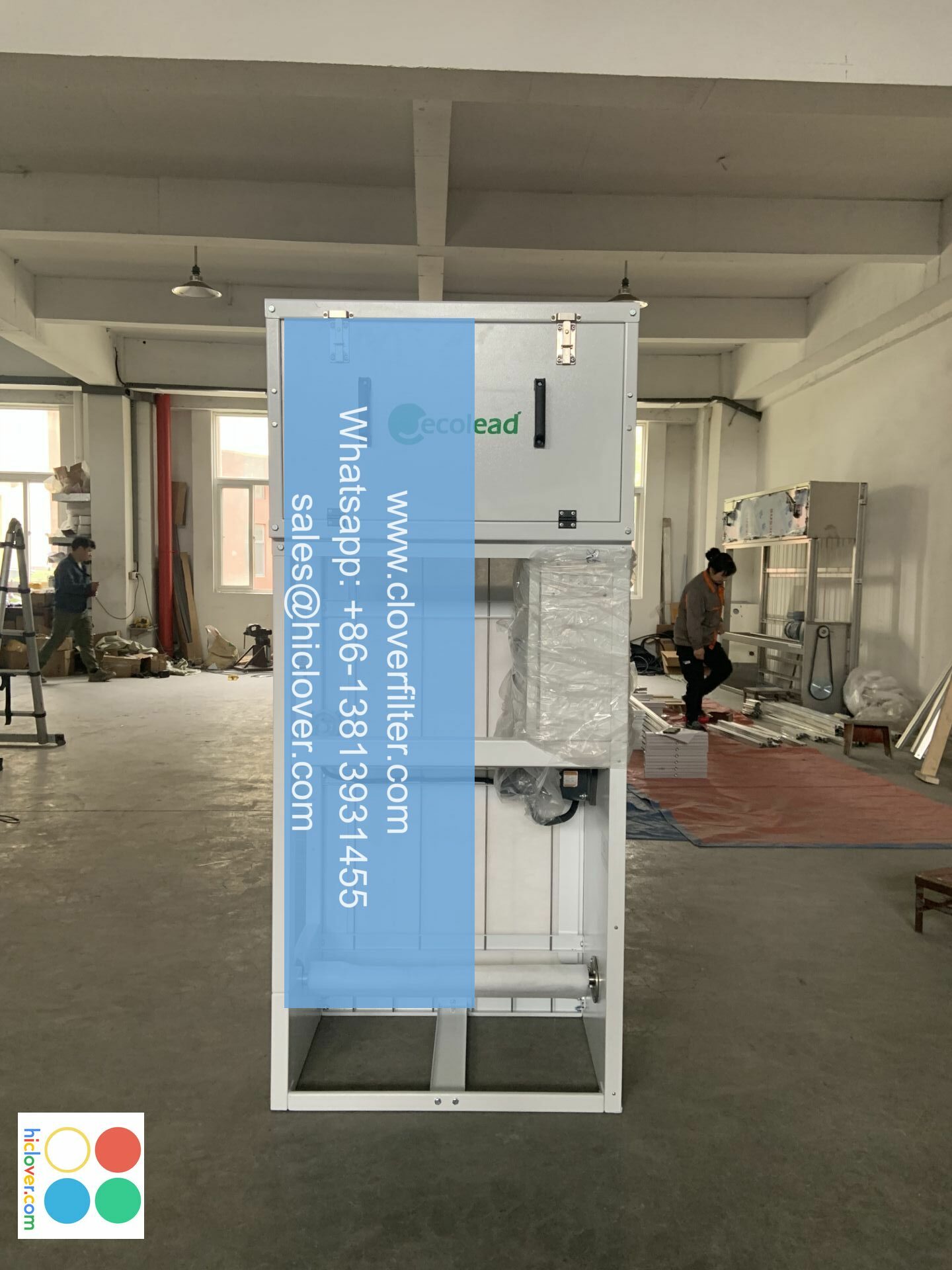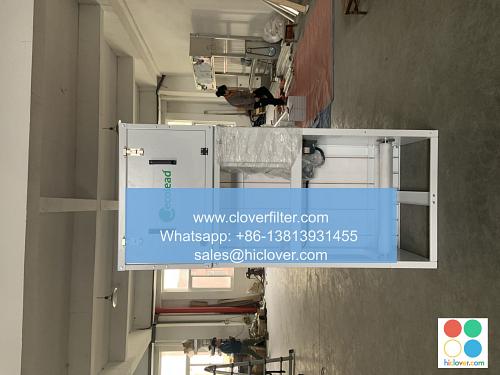Should You Use a Smart Air Filter in Your Home?

As the world becomes increasingly aware of the importance of indoor air quality and air purification, many homeowners are turning to smart air filters to improve the health and comfort of their living spaces. But are these high-tech filters really worth the investment? In this article, we’ll explore the benefits and advantages of using a smart air filter in your home, and highlight various application areas where they can make a significant difference.
What is a Smart Air Filter?
A smart air filter is a type of air purification system that uses advanced technology to monitor and control the quality of the air in your home. These filters are typically equipped with sensors that detect particulate matter, volatile organic compounds (VOCs), and other air pollutants, and can automatically adjust their filtration settings to optimize air cleaning and purification.
Benefits of Using a Smart Air Filter
There are several benefits to using a smart air filter in your home, including:
* Improved indoor air quality: By removing particulate matter, VOCs, and other air pollutants, smart air filters can help alleviate respiratory problems and other health issues associated with poor indoor air quality.
* Increased energy efficiency: Many smart air filters are designed to work in conjunction with your HVAC system, helping to reduce energy consumption and lower your utility bills.
* Convenience and ease of use: With their advanced sensors and automated filtration settings, smart air filters are often incredibly easy to use and require minimal maintenance.
Application Areas for Smart Air Filters
Smart air filters can be used in a variety of application areas, including:
* Residential homes: Perfect for homeowners who want to improve the indoor air quality and comfort of their living spaces.
* Commercial buildings: Can be used to improve indoor air quality and reduce energy consumption in offices, schools, and other commercial spaces.
* Healthcare facilities: Smart air filters can help reduce the risk of hospital-acquired infections and improve patient outcomes by removing airborne pathogens and other air pollutants.
Key Features to Look for in a Smart Air Filter
When shopping for a smart air filter, look for the following key features:
* Advanced sensors that can detect a wide range of air pollutants
* Automated filtration settings that adjust to changing indoor air quality conditions
* Integration with your HVAC system to optimize energy efficiency
* Wi-Fi connectivity for remote monitoring and control
* Filter replacement alerts to ensure optimal air purification performance
Conclusion
In conclusion, smart air filters are a valuable investment for anyone looking to improve the indoor air quality and comfort of their home or commercial space. With their advanced sensors, automated filtration settings, and integration with HVAC systems, smart air filters can help reduce air pollutants, improve respiratory health, and even lower energy consumption. Whether you’re a homeowner, business owner, or healthcare professional, a smart air filter is definitely worth considering. It looks like you didn’t include a prompt! Please go ahead and provide one, and I’ll do my best to assist you. What’s on your mind?

